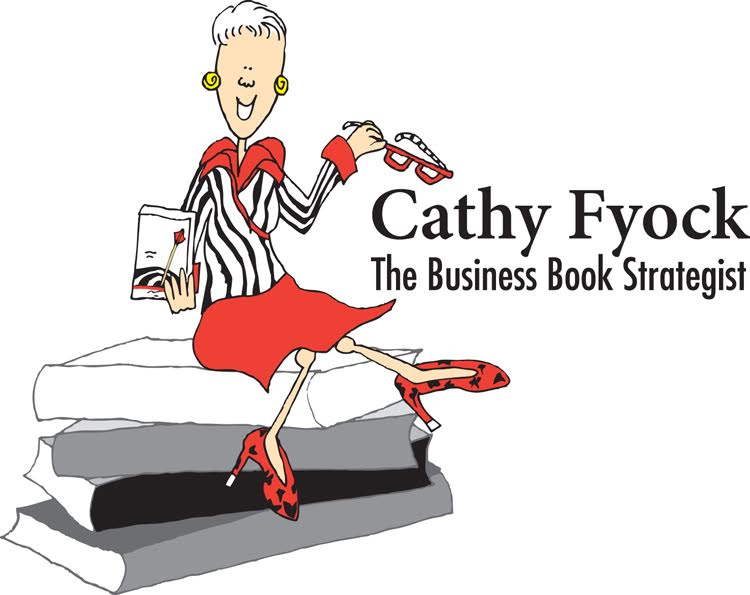Anyone who writes will tell you: writing can be lonely. Yet, I believe that the most successful authors work in community with others in order to achieve their results.
Clients. Author first get ideas for their first or next book from clients who have problems or challenges that can’t be solved conventionally. As clients ask questions, authors gain insights into what still needs to be written or explained in a different or unique way. Listen for clues from your clients when they say, “I’ve been looking for a solution, but haven’t found one,” or better yet, when they say, “Why don’t you write a book?” I got my idea for Blog2Book when several prospects came to me and said that they had been writing blogs for years and suspected that they had enough content for a book, but didn’t know where to start. I not only helped them write their own blog-to-book, but I wrote the book on it!
Writing groups. Writing groups are those that can share best practices, and can identify with your struggles. Who else knows how difficult it is to write during writing time marked on your calendar? Who else understands how that negative voice–the voice I call The Bitch–can keep pestering you to renege on your promises to write (“Who do you think you are writing this book?” the voice asks.). Your writing colleagues can not only commiserate with you, but they can also help you resolve your biggest challenges.
Writing coach. Your writing coach can hold you accountable for the book you know you need to write. Your writing coach can help you identify the obstacles that are holding you back, and help you develop strategies to overcome them. Your coach can cheer you on when you’re feeling discouraged or low on creative energy.
Editorial boards. Once you’ve written your book and reviewed it so that it is the best you can make it, it’s time to involve your editorial board. Your editorial board is made up of three to five individuals who are representative of your target reader (think about your best clients or your colleagues who know your area of expertise). Consider those who will offer you critical feedback in a supportive way.
Supporters. You likely have friends, family, and colleagues who are excited about your forthcoming book. You’ll want their help and support in creating buzz for the book. Ask these individuals to “like” and “share” your book-related posts on social media, write endorsements for the book and your website, and create rave reviews on Amazon.
Author Masterminds. Author groups work to support authors before, during, and after the launch. These groups share best practices on successful launches, getting more reviews on Amazon, finding high-profile authorities to provide written endorsements, and much more. In addition to sharing their launch plans, Cathy’s Author Mastermind group will often share their expertise about building your Twitter following, securing network television appearances, and paying attention to the right author metrics.
Readers. We wouldn’t need to write if there was no one to read. Readers help give us meaning and purpose for our writing. When we help a reader solve a problem, we also help fulfill our own mission. Stay in touch with readers by offering a link to your landing page from your books and posts so that you can connect with your readers.
Yes, writing is a solitary activity, but the best writers understand how to lean on others to build a better world, one word at a time.

